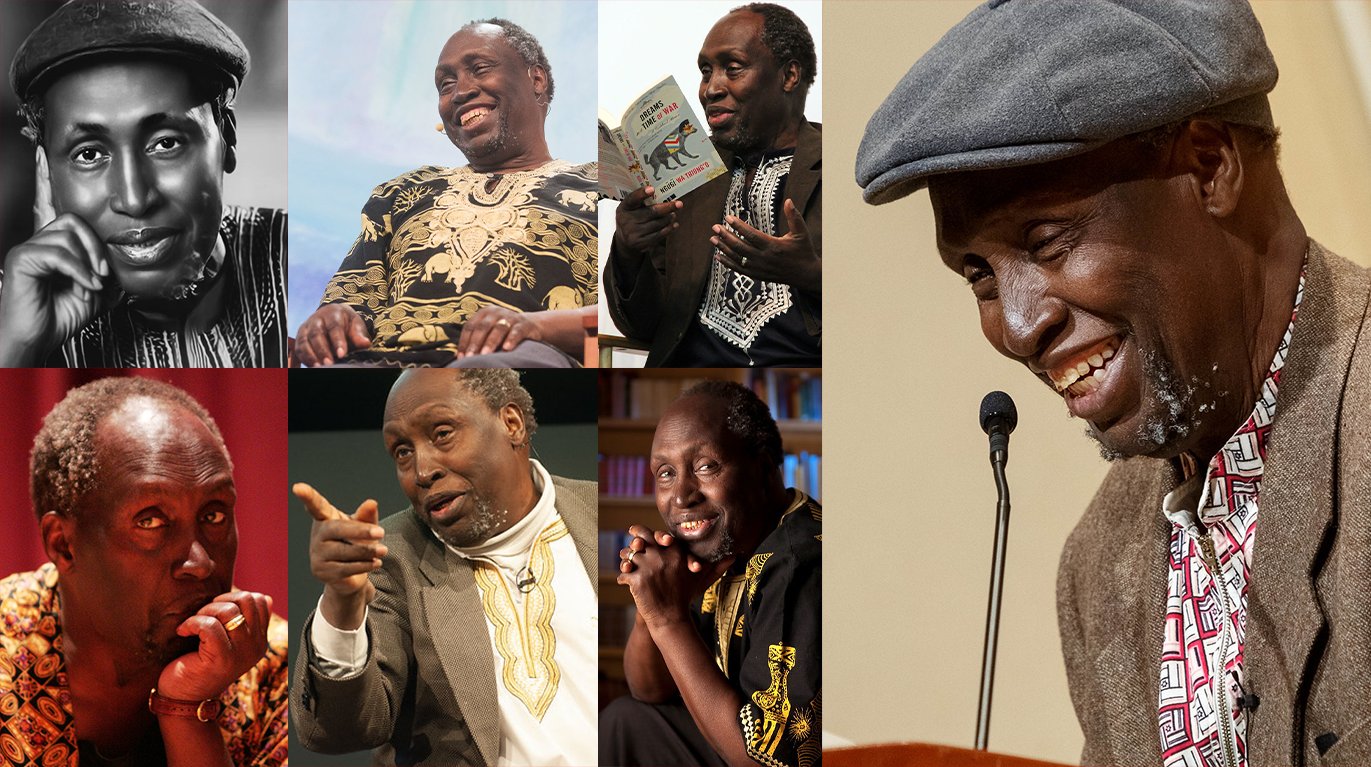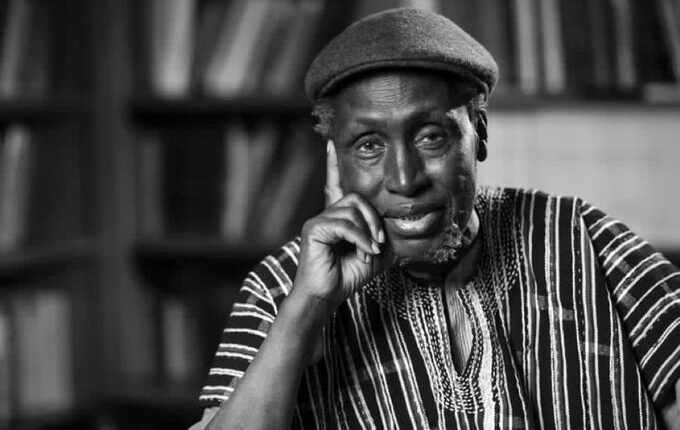Ngugi wa Thiong’o, a monumental figure in African literature and a relentless advocate for cultural identity and linguistic pride, passed away on May 28, 2025. His death marks a profound moment in the literary world, closing the chapter on a life dedicated to redefining African narratives and championing the power of indigenous languages.

Born in 1938 in the rural heartland of Kenya, Ngugi’s early experiences were deeply intertwined with the country’s struggle against colonial domination. Growing up during the turbulent Mau Mau uprising, he witnessed firsthand the injustices inflicted by British colonial rule. These formative years fueled his commitment to telling stories that reflected the realities of his people, breaking away from colonial perspectives that had long dominated African literature.
Ngugi’s literary journey began with works written in English, which gained international recognition for their vivid portrayal of colonial and postcolonial Kenya. His novels, such as Weep Not, Child and The River Between, broke new ground by focusing on the complexities of Kenyan society, exploring themes of identity, resistance, and betrayal. However, it was his bold decision to embrace his native Kikuyu language as the primary medium of his later works that truly revolutionized African literature.
Rejecting the colonial legacy that privileged European languages, Ngugi argued that language is a vessel of culture and consciousness. He believed that African writers must reclaim their mother tongues to fully express their histories and aspirations. This conviction led him to write Devil on the Cross in Kikuyu while imprisoned, a powerful act of defiance that underscored his belief in the inseparability of language and liberation.
Ngugi’s outspoken stance against political oppression and his promotion of indigenous culture made him a target for government persecution. His imprisonment in the late 1970s and subsequent exile were testaments to his unwavering courage and commitment to justice. Despite these challenges, he continued to produce influential works that critiqued neocolonialism and corruption, while celebrating African heritage and resilience.
Throughout his life, Ngugi was not only a storyteller but also an educator and activist. His teachings and writings inspired countless African writers and intellectuals to reclaim their voices and challenge dominant narratives. His influence extended beyond literature into the realms of politics and cultural theory, where he advocated for a decolonized approach to knowledge and art.
Even in his later years, Ngugi remained a vibrant force in the literary community, mentoring new generations and engaging in global conversations about culture and identity. His passing leaves a void, but his legacy is immortalized in the rich body of work that continues to inspire and provoke thought around the world.
Ngugi wa Thiong’o’s life was a testament to the transformative power of storytelling rooted in cultural authenticity. He reshaped African literature by insisting that true freedom begins with reclaiming one’s language and history. As we bid farewell to this literary titan, his voice remains a guiding light for all who seek to understand and celebrate the diverse tapestry of African life.

